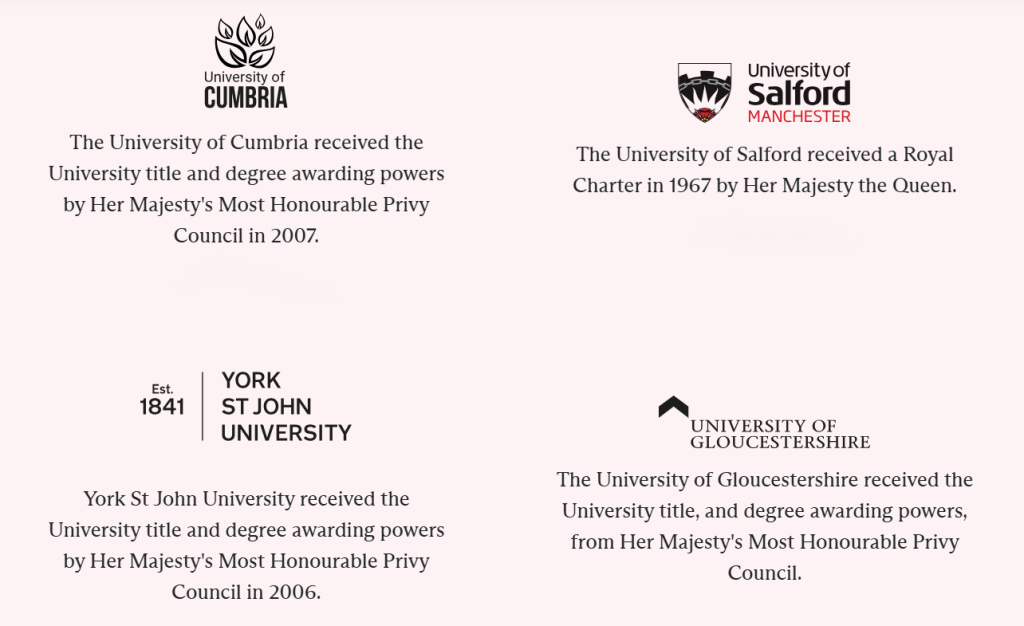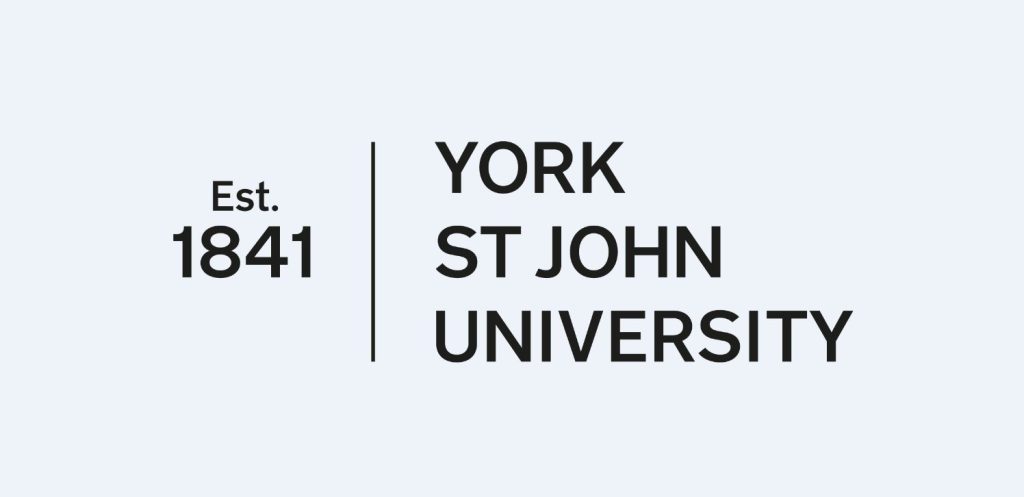Operations management has become increasingly crucial in today’s fast-paced and ever-evolving business landscape. Operations management involves overseeing, designing, and controlling the production process and business operations to maximise efficiency and effectiveness. It is a discipline that optimises an organisation’s resources to produce goods and services that meet customer demands. Pursuing a master’s degree in operations management can open opportunities and offer numerous benefits for aspiring professionals.

- The Central Role of Operations Managers
- Ensure efficient and effective delivery of products and services
- Optimise processes, manage supply chains and oversee production schedules
- Influence company profitability, product quality, and customer satisfaction
- Play a vital role in strategic decision-making and operational success
- Enhance efficiency, reduce costs, and manage supply chains effectively
- Diverse Career Opportunities
- Work across industries like banking, technology, healthcare, hospitality and more
- Apply skills in various business environments for a dynamic career
- Engage in roles suited to both fast-paced startups and established corporations
- Driving Innovation
- Leverage cutting-edge technologies such as AI, robotics, and big data
- Improve efficiency and productivity through innovative solutions
- Stay ahead of industry trends and technological advancements
- High Demand & Job Security
- Businesses actively seek operations management professionals
- Enjoy excellent job prospects and competitive salaries across industries
- Leadership & Professional Growth
- Develop key leadership and decision-making skills
- Manage teams, collaborate across departments, and drive organisational success
- Advance to senior positions with experience and expertise
- Strong Analytical & Problem-Solving Skills
- Analyse data to identify inefficiencies and develop strategic solutions
- Enhance decision-making with a structured, analytical approach
- Gain transferable skills valuable across multiple industries
- A Global Perspective
- Learn to navigate global supply chains and international business challenges
- Work with diverse teams and expand career opportunities worldwide
- Develop a strategic mindset for global market competition
Mastering Business Efficiency

An Operations Management degree provides the expertise to improve business performance, ensuring seamless coordination between processes, people, and technology. With Robert Kennedy College (RKC), you will:
- Explore key concepts of operations and information management, supply chain and project management
- Learn how to critically evaluate the contribution of global logistics and supply chain to an organisation’s competitive advantage
- Learn the tools and techniques required for planning, control, teamwork, leadership and other key processes
Programme Overview
The MSc Operations Management programme at RKC is offered in collaboration with the University of Salford. The degree is awarded by the University of Salford, which is fully recognised by the British government. The programme is entirely online, enabling students to study from anywhere globally and at their own pace. The duration of the programme ranges from 12 months to 3 years, providing flexibility for students with varying schedules and commitments.
Key Features
- Online Learning Environment: The programme is delivered via OnlineCampus, an interactive online learning environment that facilitates intensive class discussions and collaboration. This platform provides students access to many resources, including online research facilities and support from experienced lecturers.
- Curriculum: The curriculum encompasses key concepts of operations, information management, supply chain, and project management. Students will learn to critically evaluate the impact of global logistics and supply chains on an organisation’s competitive advantage. The programme also includes modules on planning, control, teamwork, leadership, and other vital processes.
- Evaluation: Rather than traditional examinations, students are assigned real-life case studies and essays that encourage them to think critically about their organisations and careers. This practical approach ensures students can apply their knowledge to real-world situations and cultivate valuable problem-solving skills.
- Flexible Payment Options: The programme provides flexible payment options, enabling students to embark on their British Master’s Degree journey with just 525 CHF (Swiss Francs) each month. For those who can pay the entire tuition upfront or a significant portion of it, there is an option for a fee reduction.
- Global Network: Students will have the chance to connect with classmates from various countries and professional backgrounds. This global network offers a platform for exchanging experiences and gaining insights from diverse perspectives.
Admission
The MSc Operations Management programme at RKC offers rolling admissions throughout the year, enabling students to enrol at any time and commence their learning journey immediately. The programme is tailored for individuals passionate about operations management and wishing to enhance their skills and knowledge in this field. Click here to apply.

Take the Next Step Toward Success!
An Operations Management degree is more than just a qualification—it’s a gateway to leadership, Innovation, and career advancement. With the ability to streamline processes, drive efficiency, and lead teams, you’ll be equipped to make a lasting impact in any industry.
Whether you’re looking to enhance your skills, switch careers, or climb the corporate ladder, this degree provides the expertise and global perspective needed to stay ahead in today’s competitive business world.
Unlock your potential and shape your future in Operations Management today!






















































